Chagas Disease
What is Chagas disease?
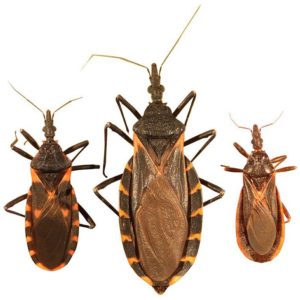
Chagas disease is caused by the parasite Trypanosoma cruzi, which is transmitted to animals and people by insect vectors called triatomines or kissing bugs. It is found only in the Americas and is also referred to as American trypanosomiasis. It is estimated that as many as 8 million people living in Mexico, Central America, and South America have Chagas disease, most of whom do not know they are infected. If untreated, infection is lifelong and can be fatal. Chagas disease and the vector that transmits the disease is present in the Southern United States. It is estimated that more than 300,000 people in the United States have Chagas disease and may not know they are infected.
How is Chagas disease transmitted?
People can become infected in several ways, however the most common way is from the insect vector called triatomine bugs, commonly referred to as kissing bugs. These blood-sucking bugs get infected with T. cruzi by biting an infected animal or person. Once infected, the bugs pass the parasites in their feces and will often defecate while taking a blood meal. The person can become infected if T. cruzi parasites in the bug feces enter the body through mucous membranes or breaks in the skin. The unsuspecting, sleeping person may accidentally scratch or rub the feces into the bite wound, eyes, or mouth.
Chagas ECHO Hub Team
The Chagas ECHO is supported by a interdisciplinary collaboration of experts from across the United States.
People also can become infected through:
- Congenital transmission (from a pregnant woman to her baby)
- Blood transfusions
- Organ transplantation
- Consumption of uncooked food that is contaminated with feces from infected triatomine bugs
- Accidental laboratory exposure
Chagas disease is not transmitted from person-to-person like a cold or the flu or through casual contact with infected people or animals.
Why is Chagas disease a threat?
There are two phases of Chagas disease. The acute phase that may have flu-like symptoms (if any) and may only last about 8-10 weeks followed by the chronic phase that can be without symptoms for years to decades.
Only about 20 to 30% of people with chronic Trypanosoma cruzi infection eventually develop clinical disease, predominantly cardiac. Cardiac disease usually begins with conduction abnormalities such as right bundle branch block and/or left anterior fascicular block, which may be followed years later by dilated cardiomyopathy. Later cardiac disease is sometimes accompanied by apical aneurysm and thrombus formation.
Less frequently, patients with Chagas disease experience gastrointestinal disease (megasyndromes). Once the characteristic pathology is established (e.g., dilated cardiomyopathy, megaesophagus), antiparasitic treatment will not reverse it.
Source: Centers for Disease Control and Prevention https://www.cdc.gov/parasites/chagas/
Resurgence of New World Screwworm in the Americas
Please check back often as we are regularly updating content. See a full list of recordings here.
Session 2 and 3: for Community Health Workers and Other Public Health Professionals
Date/Time: September 22 and 29, 2025 12:00-1:30pm CT
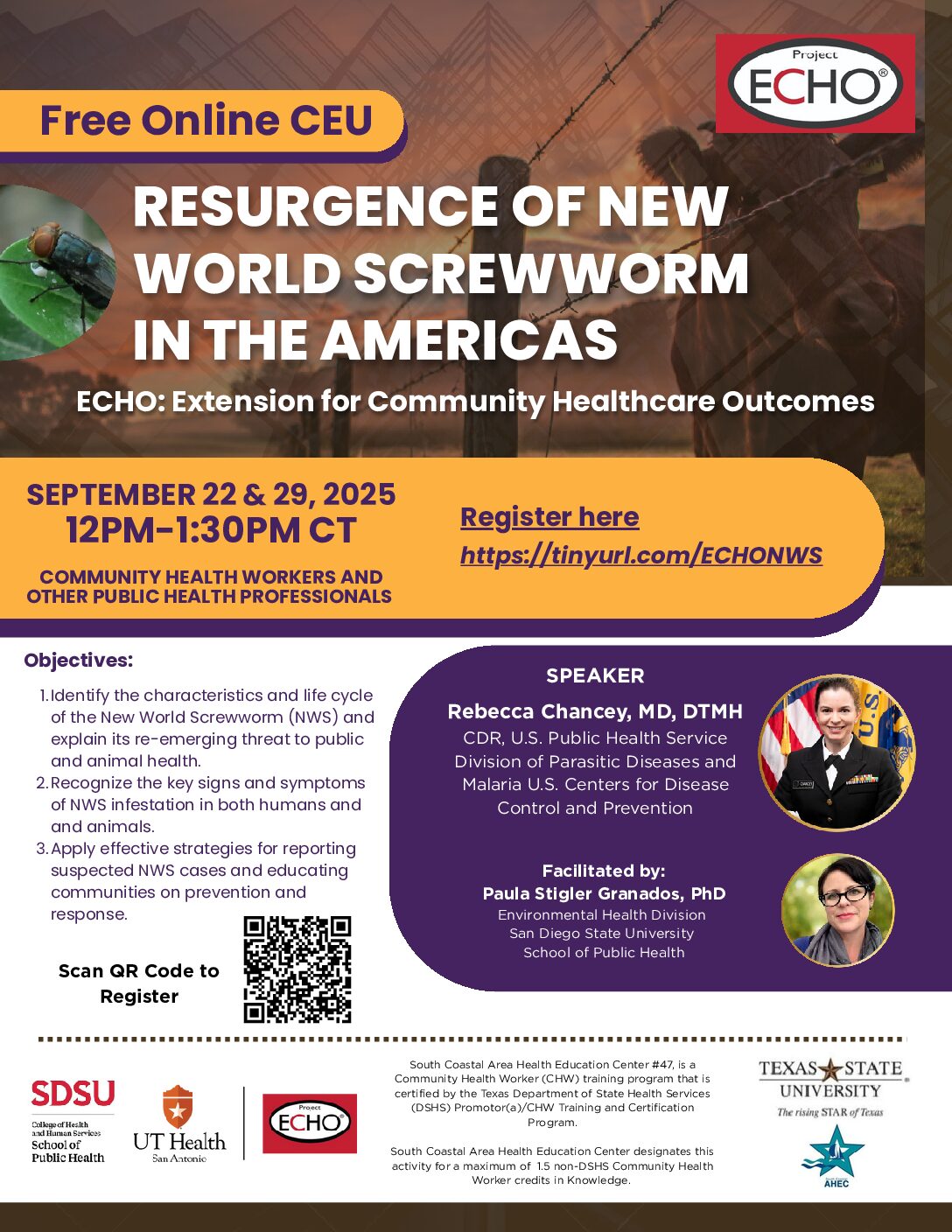
Session 1: for Physicians, Healthcare Providers and Public Health Professionals
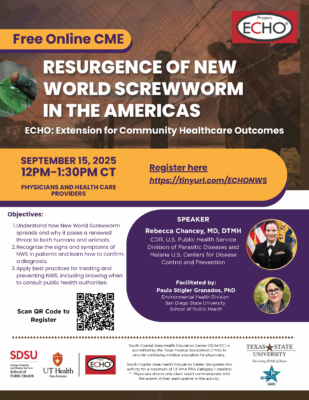
Chagas ECHO: 4-Part Series 2
Please check back often as we are regularly updating content. See a full list of recordings here.
Session 4: May 9, 2025
Session topic: Chagas disease among people living with HIV and other immunocompromised groups
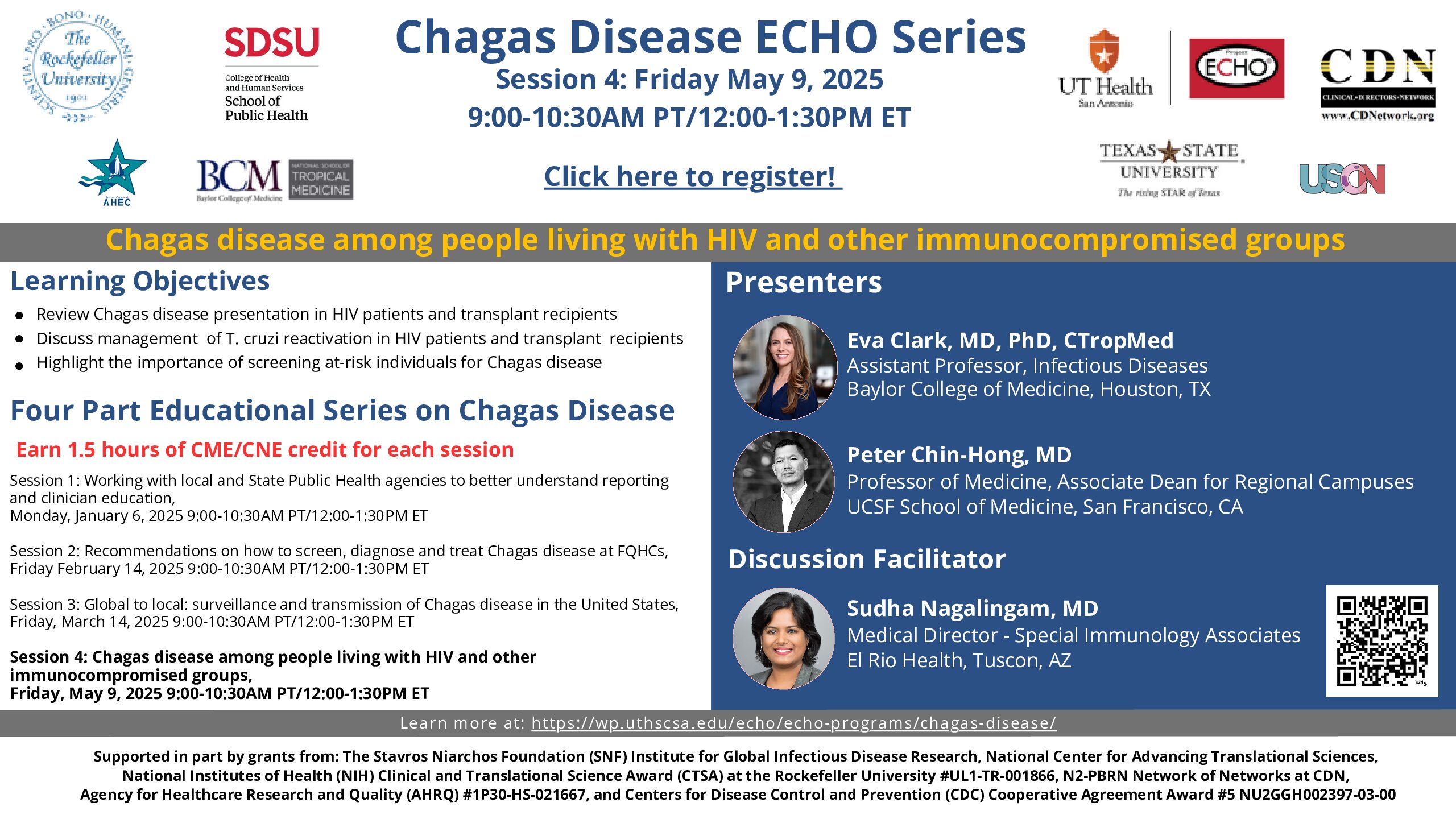
Session 3: March 14, 2025
Session topic: Global to local: surveillance and transmission of Chagas disease in the United States
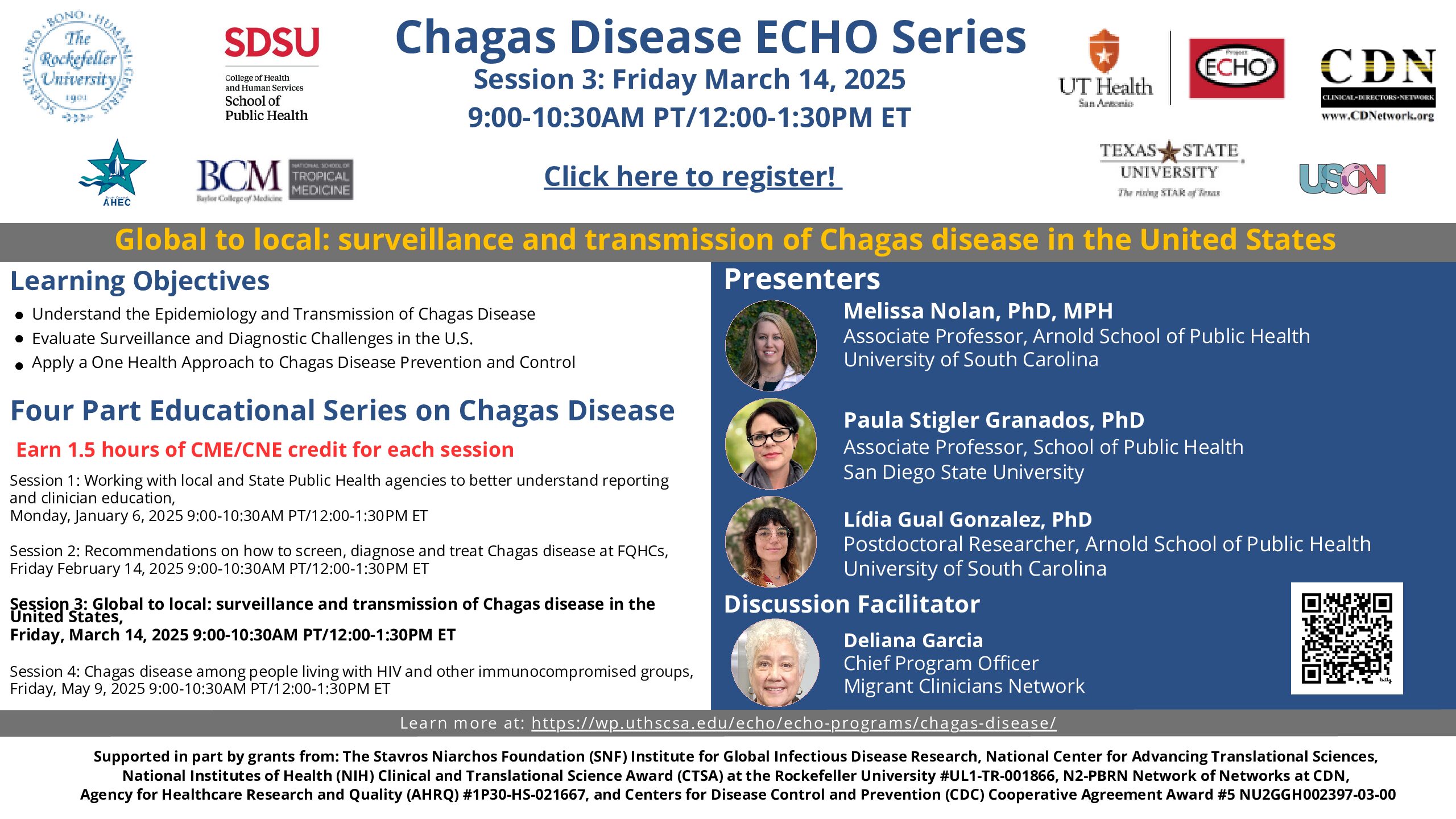
Session 2: February 14, 2025
Session topic: Recommendations on how to screen, diagnose and treat Chagas disease at Federally Qualified Health Centers and other safety net healthcare practices
Session 1: January 6, 2025
Session topic: Working with local and State Public Health agencies to better understand reporting and clinician education
Chagas ECHO 2024
Please check back often as we are regularly updating content. See a full list of recordings here.
Session 2: August 22, 2024
Session topic: Understanding Chagas Disease: Essential Insights for U.S. Military Health
Session 1: July 25, 2024
Session topic: Battling Chagas Disease: Understanding Triatomine Bugs, Transmission, and Military Readiness
Chagas ECHO: 4-Part Series
Please check back often as we are regularly updating content. See a full list of recordings here.
Session 4: March 6, 2024
Session topic: Interprofessional Team Approaches to Chagas Disease Management
Session 3: February 7, 2024
Session topic: Chagas Disease as a Migrant Health Issue
Session 2: January 10, 2024
Session topic: Congenital and Pediatric Chagas Disease in the USA
Session 1: December 6, 2023
Session topic: Chagas Disease in the USA: Screening, Diagnosis, and Treatment for Primary Care Clinicians
Chagas ECHO 2023
Please check back often as we are regularly updating content. See a full list of recordings here.
Session 4: September 29, 2023
Session topic: Chagas Disease and Veterinary Medicine: Tracking a Neglected Disease
Session 3: April 11, 2023
Session topic: Voices of Chagas Disease: Patients and Physicians Discuss the Barriers to Care in the U.S.
Session 2: February 14, 2023
Session summary: In the February session of the 2023 Chagas ECHO for Providers, Morven Edwards, MD, from Baylor College of Medicine presented “Congenital Chagas Disease in the U.S. – Screening, Diagnosis, & treatment Challenges” and Christina Coyle, MD, MS from Albert Einstein College of Medicine presented cases.
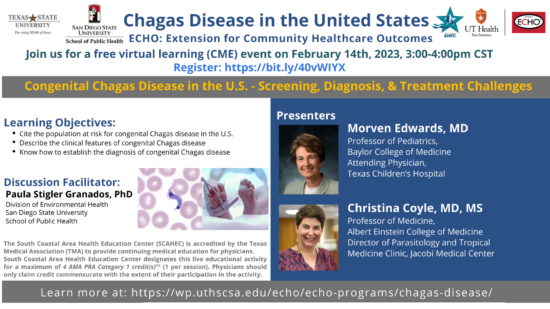
Session 1: January 24, 2023
Session summary: In the January session of the 2023 Chagas ECHO for Providers, Sarah Hamer, DVM, Ph.D., from Texas A&M University, presented “Epidemiology and Infection in Dogs with Chagas Disease in the U.S.” and Ashley Saunders, DVM from Texas A&M University presented cases that provided examples of infected dogs and their treatments.
Chagas ECHO 2022
Please check back often as we are regularly updating content. See a full list of recordings here.
Session 2: October 13, 2022
Session summary: In the October session of the 2022 Chagas ECHO for Providers, Melissa Nolan, Ph.D., MPH, from the University of South Carolina presented “Chagas Disease in the United States” and Natalie Bowman, MD, Ph.D. from the University of North Carolina presented “Seek and You Shall Find – Diagnosing and Treating Chagas Disease in North Carolina” as well as case presentations that provided examples of patients and their treatments.
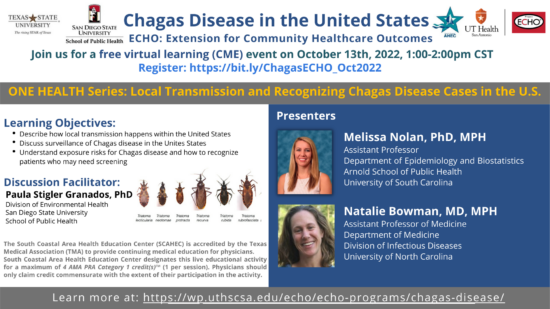
Session 1: May 31, 2022
Session summary: In the first session of the 2022 Chagas ECHO for Providers, Gabriel Hamer, Ph.D. from the Texas A&M University presented “One Health and Chagas Disease: Understanding Triatomines in the United States” and Walter Roachell, MS at the US Army Public Health Command Central presented “DoD Chagas Response.” This was followed by case presentations from Norman Beatty, MD from the University of Florida that provided examples of patients and their situations.
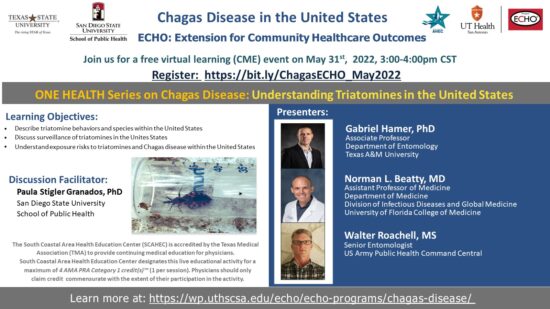
Chagas ECHO 2021
Please check back often as we are regularly updating content. See a full list of recordings here.
Session 1: May 6, 2021
Session summary: In the first session of the re-launched Chagas ECHO for Providers, Rachel Marcus, MD at MedStar Heart & Vascular Institute presented on Community-Based Screenings for Chagas Disease. This was followed by a case from Natasha Hochberg, MD, MPH at Boston University School of Medicine that helped exemplify the challenges of detecting Chagas Disease in the population.
![Chagas Session 1 Physician Flyer[2] Chagas Session 1 Physician Flyer[2]](https://wp.uthscsa.edu/echo/wp-content/uploads/sites/59/2021/05/Chagas-Session-1-Physician-Flyer2-550x309.png)
Session 2: June 23, 2021
Session summary: In the June session of the Chagas ECHO for Providers, Bonny Mayes, MA at the Department of State Health Services presented on the process of testing for Chagas disease from the state level. Then, Susan Montgomery, DVM at the CDC, presented about the CDC’s role in Chagas disease testing. This was followed by a case about a patient who is suspected to have Chagas disease, giving an example of the appropriate steps to take in this scenario.
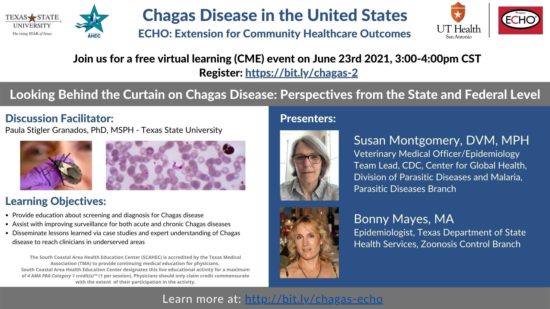
Session 3: September 28, 2021
Session summary: In the September session of the Chagas ECHO for Providers, Norman Beatty, MD at the University of Florida on the use of rapid diagnostic testing for Chagas disease screening. Then, Alfonso Rodriguez, MD at the University of Florida shared two cases about suspected Chagas in U.S. born travelers, discussing options for next steps and appropriate care in both scenarios.
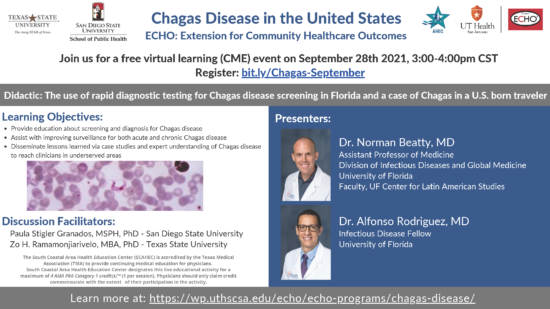
Session 4: November 30, 2021
Session summary: At the November session of the Chagas ECHO for Providers, Colin Forsyth, PhD, MPH at the Drugs for Neglected Diseases Initiative, presented on “Increasing Access to Testing and Treatment for Chagas Disease in the U.S.: Understanding Patient and Community Perspectives.” Following this, Rachel Marcus, MD, FACC, FASE presented three Chagas disease cases giving examples of patients and their situations.
View Slides-Dr. Marcus
View Slides-Dr. Forsyth
View session recording
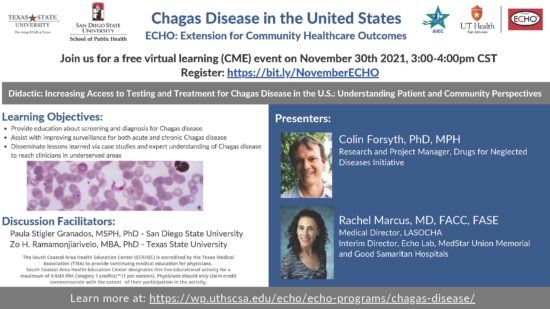
Chagas ECHO 2020
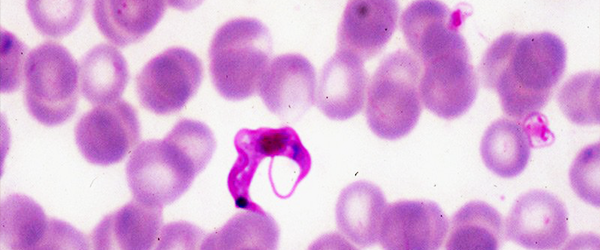 Resources for physicians
Resources for physicians
From January through June 2020, UT Health San Antonio is hosting a Chagas Disease ECHO for physicians. Presentations slides are available below. Check back for updates.
Chagas in Primary CareInsights from CardiologyChagas for OB/GYN & PediatricsDiagnosis and Treatment of Chagas
Resources
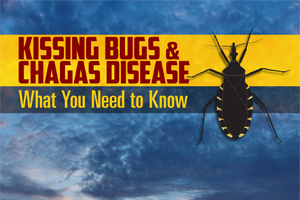 What you should know about kissing bugs
What you should know about kissing bugs
The University of Arizona provides information about kissing bugs and health concerns.
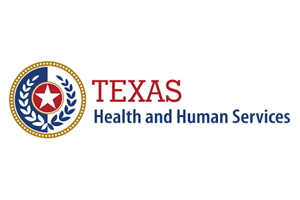 Data and reporting
Data and reporting
The Texas Department of State Health Services provides state-specific data and resources for education
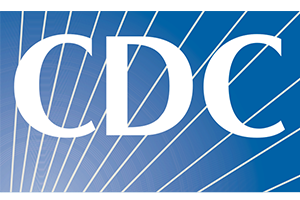 National data & resources
National data & resources
The Centers for Disease Control and Prevention (CDC) provides access to national databases with emphasis on trends, treatments, and resources/publications
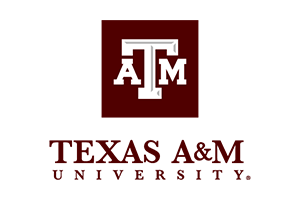 Testing and identifying
Testing and identifying
Texas A&M provides illustrations of bugs for easier identification and elimination. The institution also accepts bugs for testing.
Publications
Below is a selection of publications that explore the threat of Chagas and opportunities for identification, screening, and treatment.
Addressing the Challenges of Chagas Disease: An Emerging Health Concern in the United States. Edwards, M. S., Stimpert, K. K., & Montgomery, S. P. (2017). Infectious Diseases in Clinical Practice, 25(3), 118-125.
Current Gaps and Needs for Increasing Access to Healthcare for People with Chagas Disease in the USA. Forsyth, C. J., Granados, P. S., Pacheco, G. J., Betancourt, J. A., & Meymandi, S. K. (2019). Current Tropical Medicine Reports, 6(1), 13-22.
Prevalence of Chagas disease in the Latin American–born population of Los Angeles. Meymandi, S. K., Forsyth, C. J., Soverow, J., Hernandez, S., Sanchez, D., Montgomery, S. P., & Traina, M. (2017). Clinical Infectious Diseases, 64(9), 1182-1188.
Chagas Disease. Bern, C. (2015). New England Journal of Medicine, 373(5), 456-466.
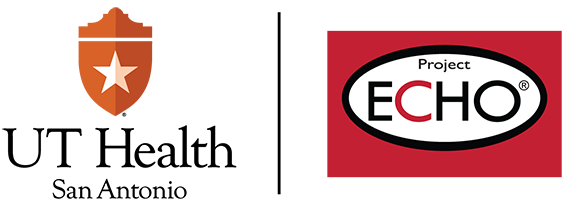



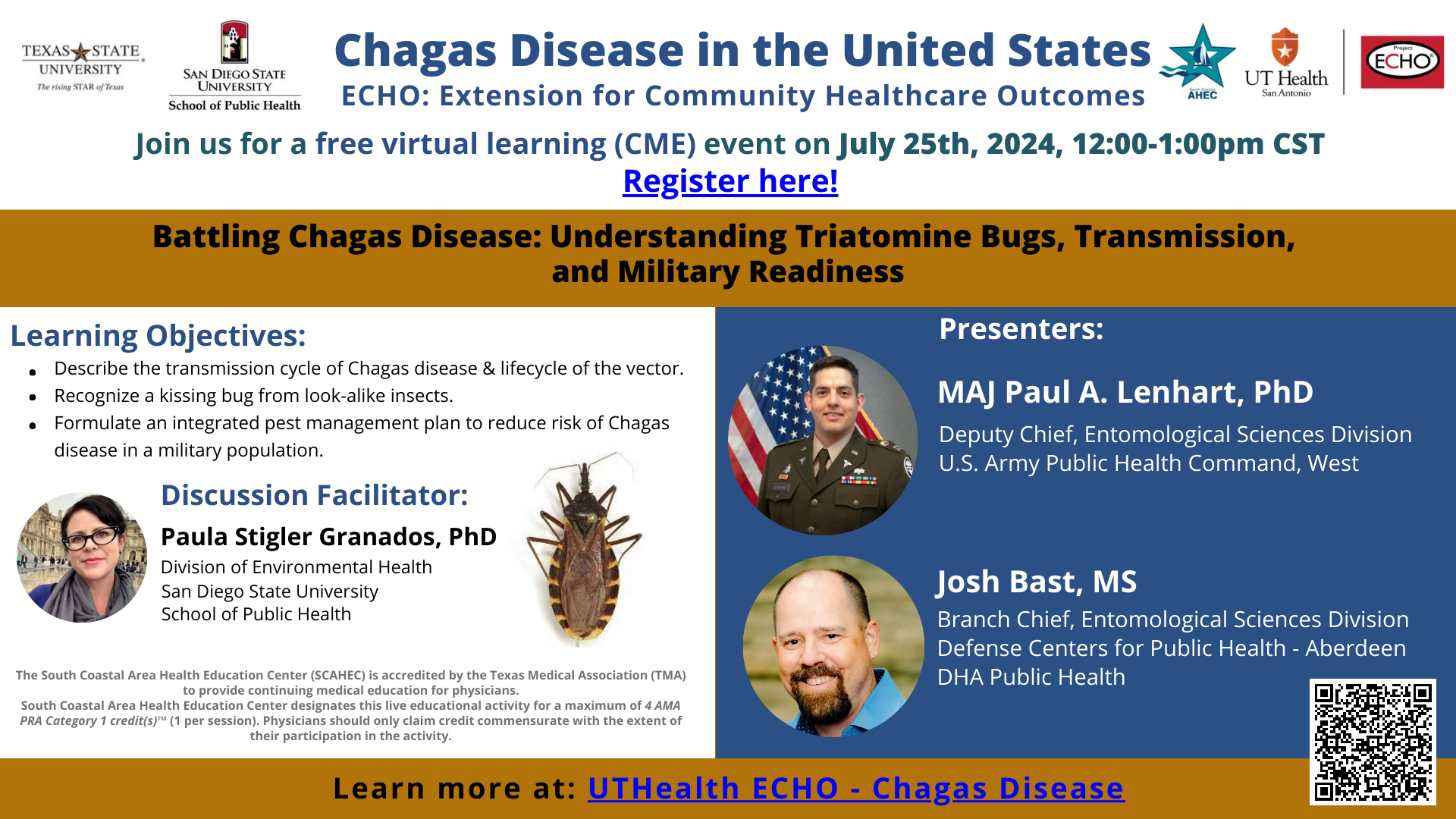
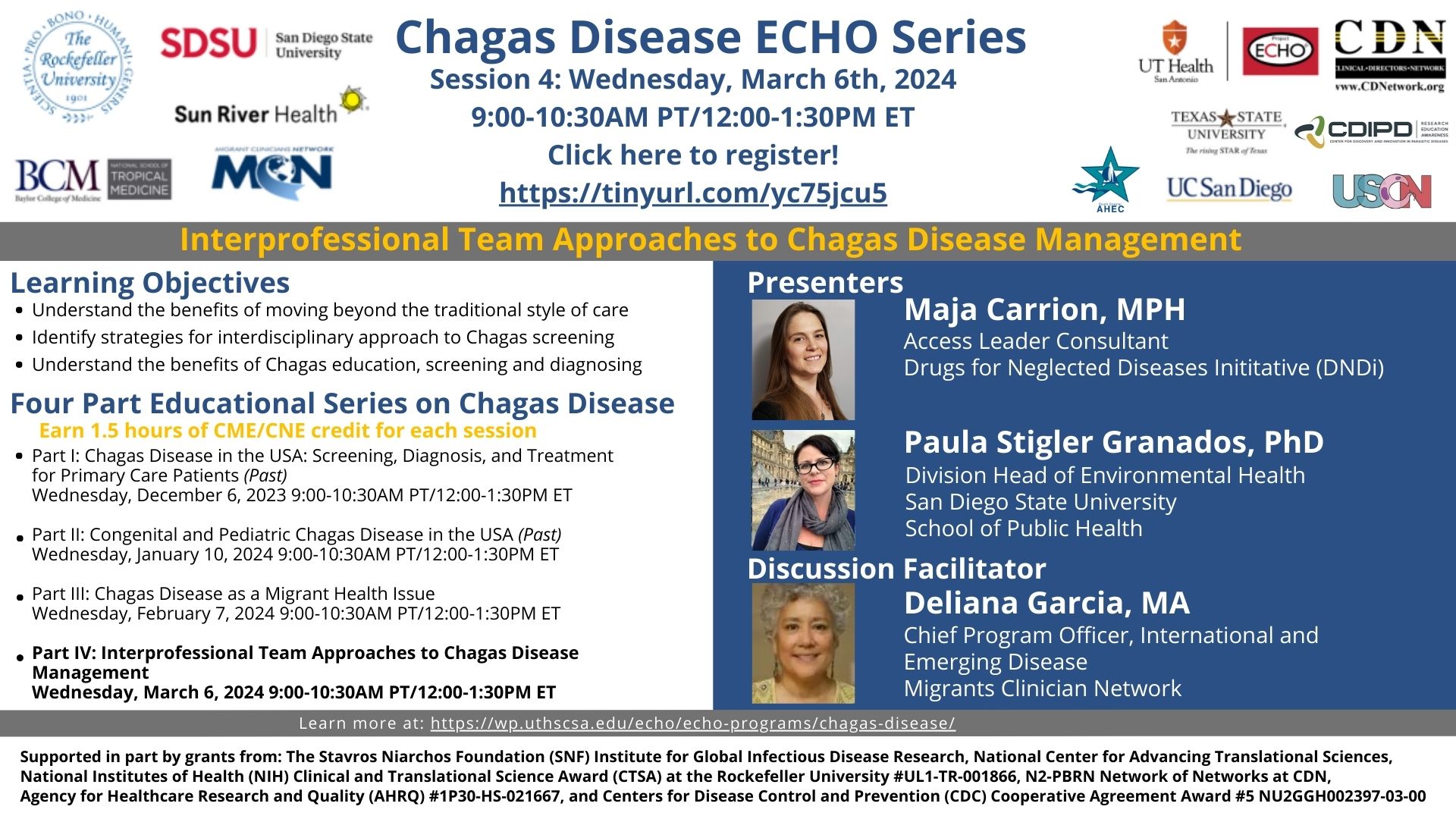
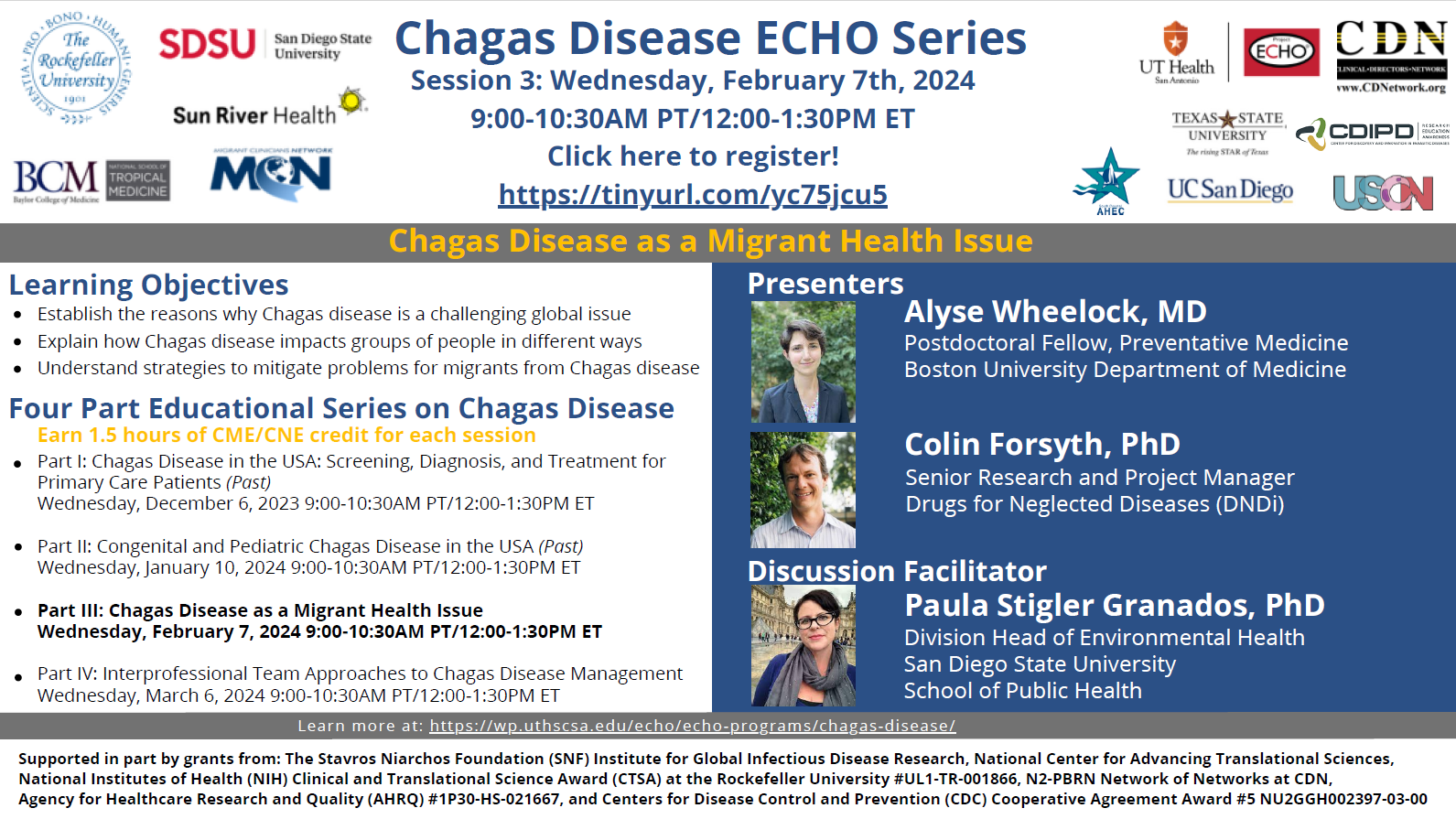
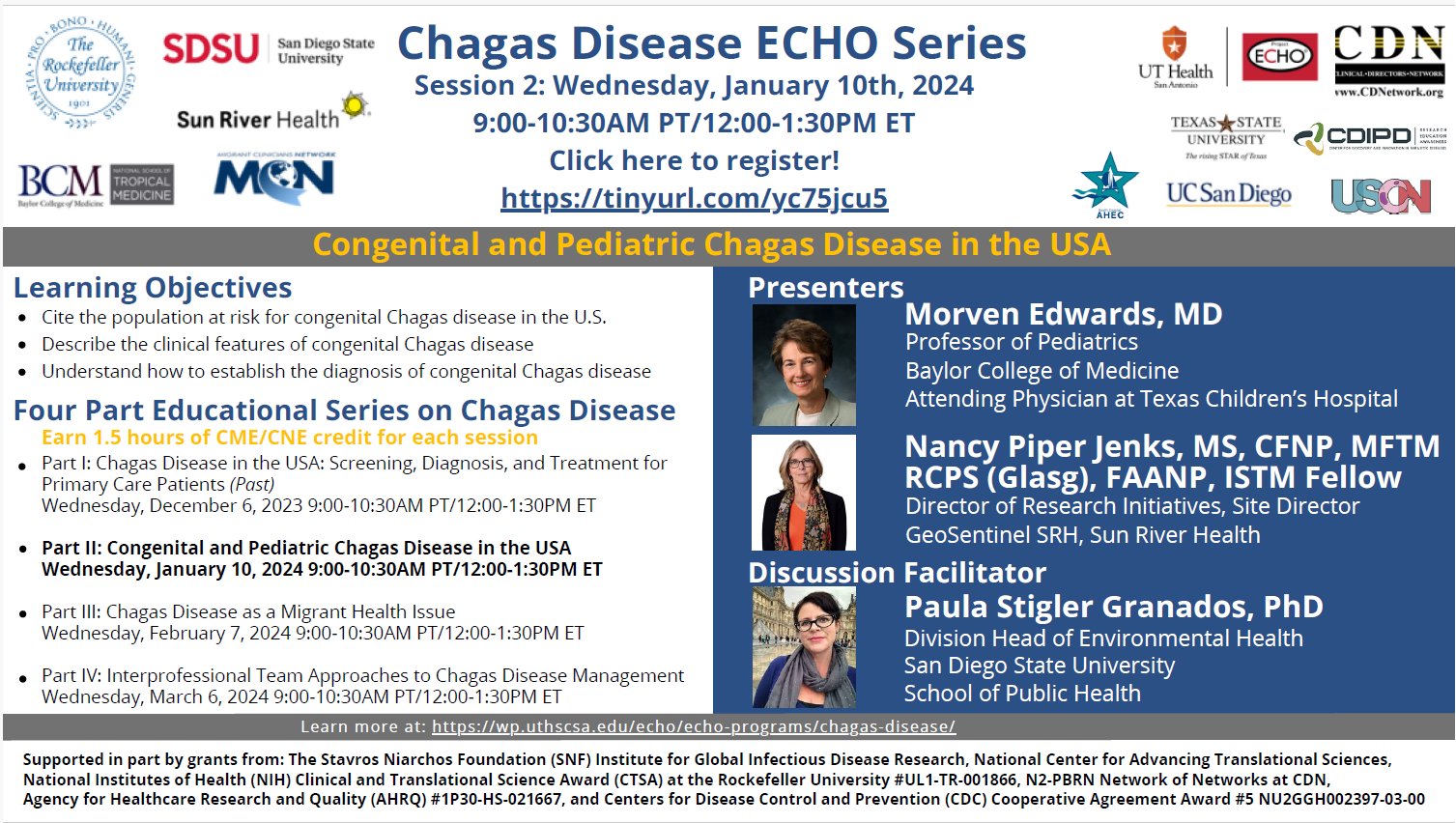
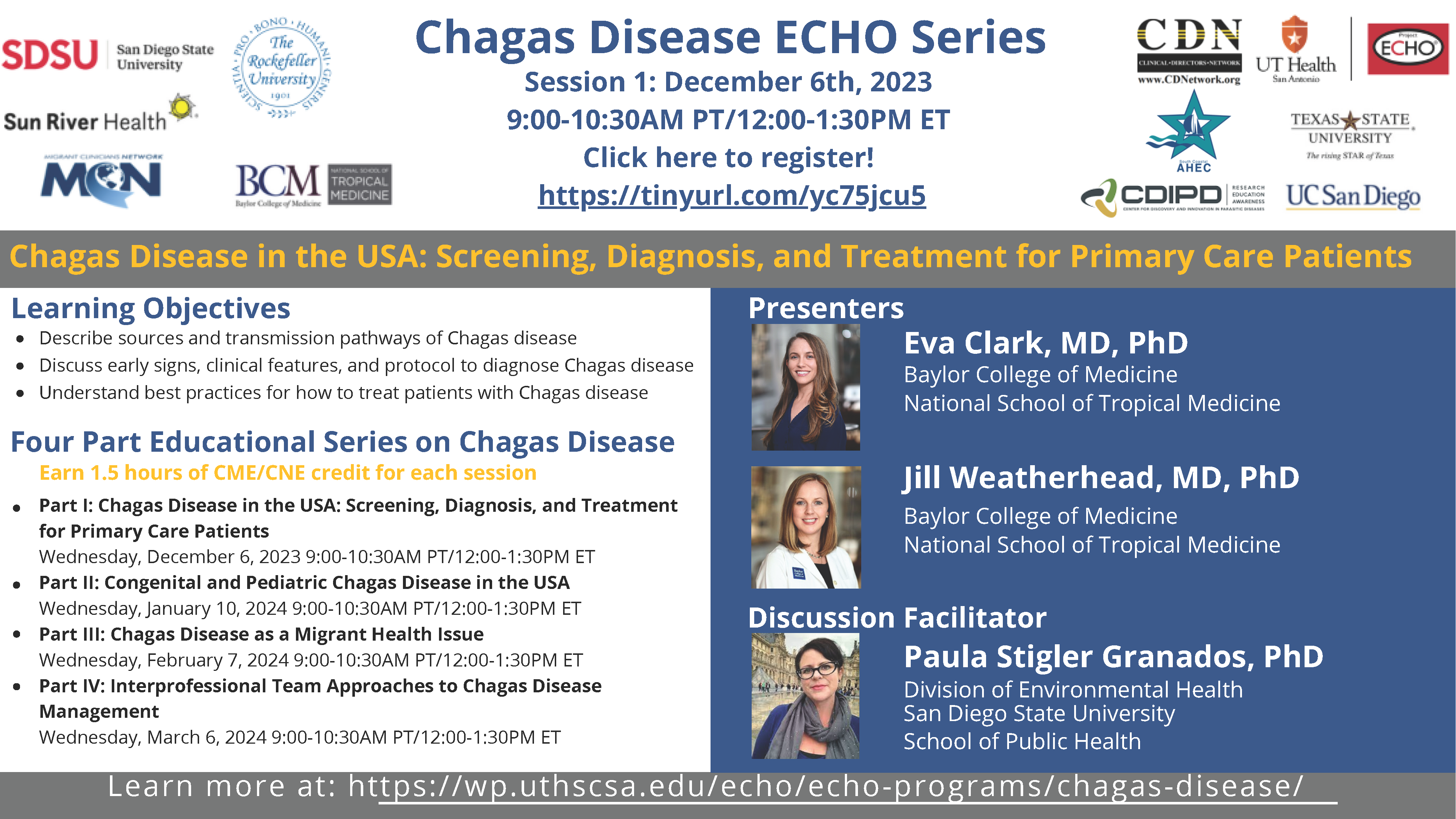
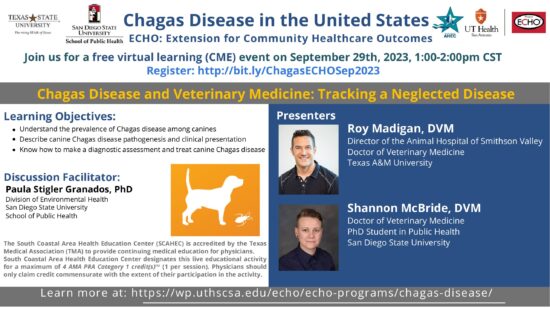
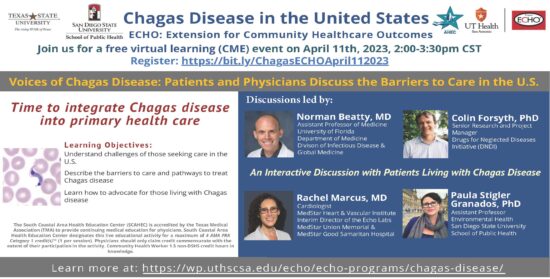
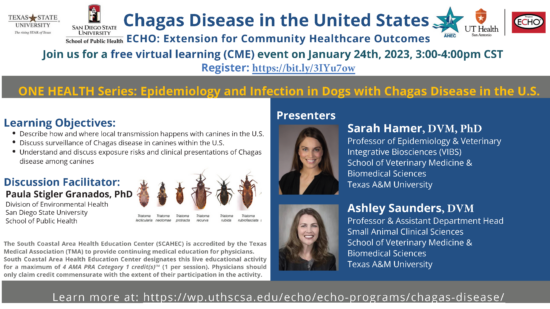
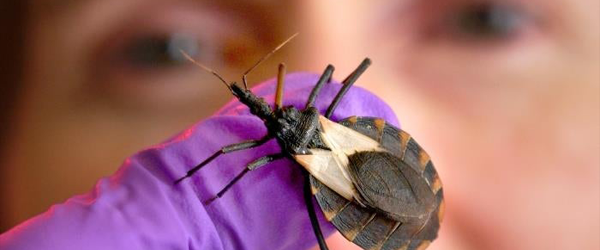 Resources for Community Health Workers
Resources for Community Health Workers